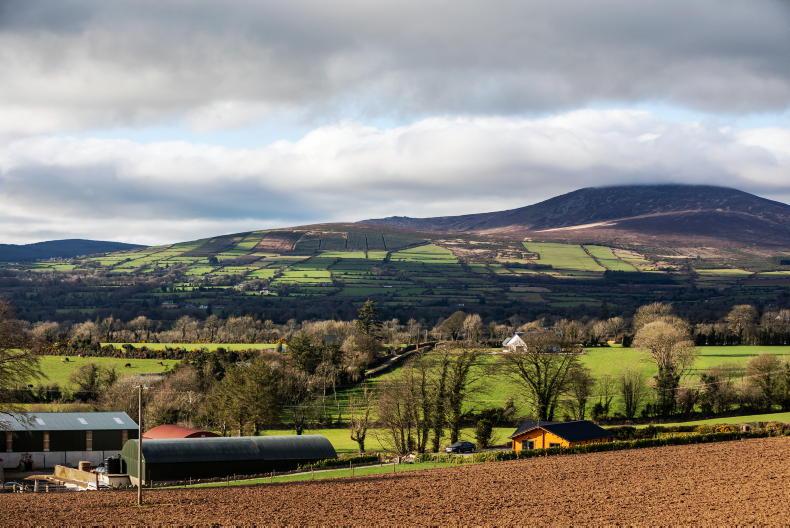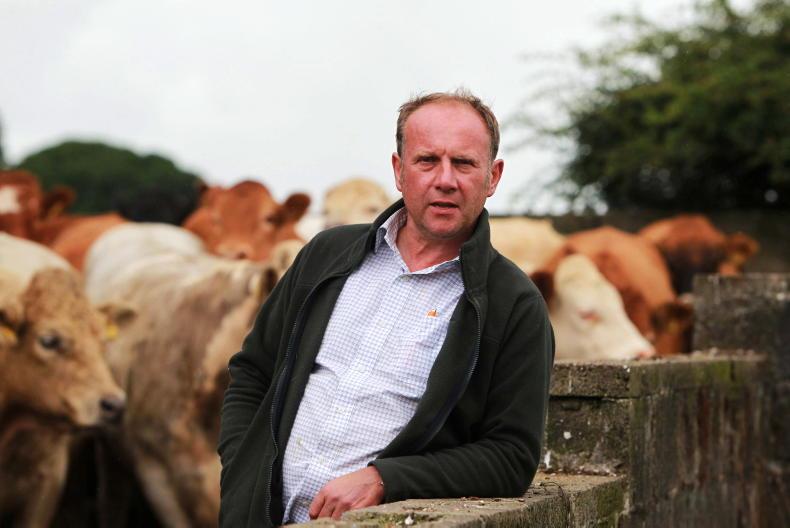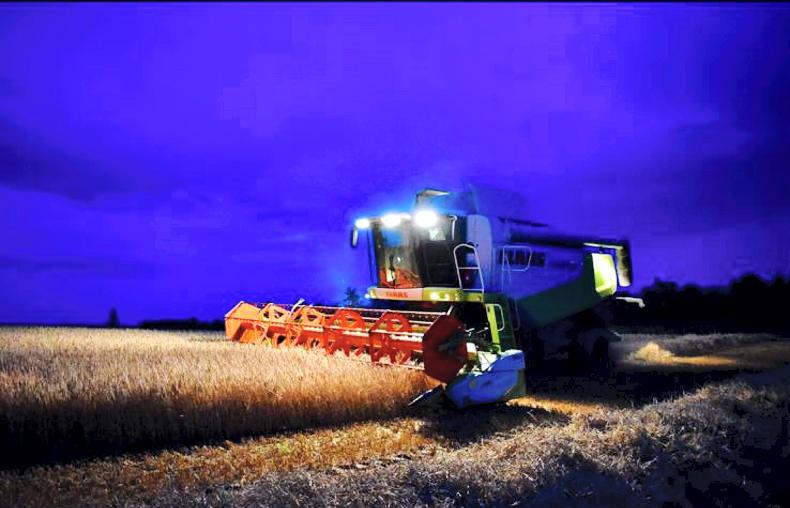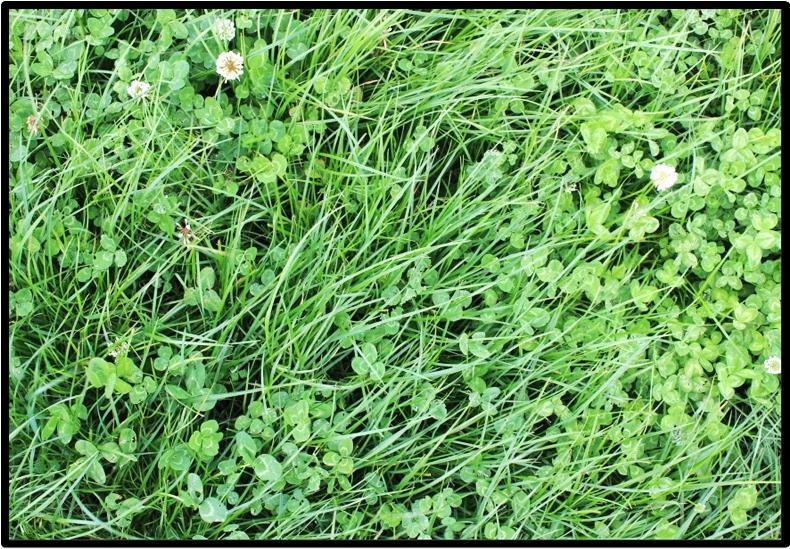It was a strange feeling a couple of weeks ago, taking the cattle out of the field that is marked for the riparian buffer zone as part of my ACRES plan, knowing that there won’t be cattle or stock of any kind back in it for at least five years.
The field in question is low lying and wet in nature and runs alongside the river. The field is quite fertile, as it is on the flood plain of the river.
I can often remember my father growing potatoes and barley in it when we used to be a bit more diverse with what we put in our fields and the plough was used for more than just reseeding.
The name we have on it is the big home, perhaps it should be spelled 'Holme' or 'Hoam', I’m not really sure. But the type of soil in this field is known locally as homey soil, often found next to a river.
I’m assuming the world home has something to do with loam, but I could be as far out as a lighthouse.
Riparian buffer zone
Anyway, in wet weather, half of this field is reasonably productive and the other half is a swamp, in reality the amount of production I get off this field is limited.
I’m fighting with it every year to try to keep the rushes under some kind of control.
MCPA close to a river is not an ideal mix, so the riparian buffer zone option in ACRES seemed like the perfect fit for this patch of land.
A riparian buffer zone is an area adjacent to a water body, where no chemical or organic fertilisers, cultivation or spraying can be carried out.
The aim is to protect water courses from nutrient, sediment and pesticide losses and ultimately improve water quality. All livestock must be excluded from the zone, which obviously means it can’t be grazed. It can be cut, but not between 1 March and 31 August.
Some farmers may be able to take a cut of rough grass off their zones come September and make it into poor quality silage that could maybe be used for dry cows or something, but unfortunately my field is too rough, stoney and full of rushes for that.
The best I can hope for is to mulch it once a year to try to keep it from turning into a complete jungle.
Water quality
Now, like every farmer in the country, I’m all for improving water quality. Anything that’s good for the environment is good for the human race, but I must admit that it was the payment that attracted me to the measure first.
The per hectare payment should easily generate more income for the farm than I would be able to by grazing cows on this land, and if that turns out to be good for water quality then it’s a win-win.
It does however, go against my nature to just let a field grow wild, it's going to take a bit of getting used to!










SHARING OPTIONS